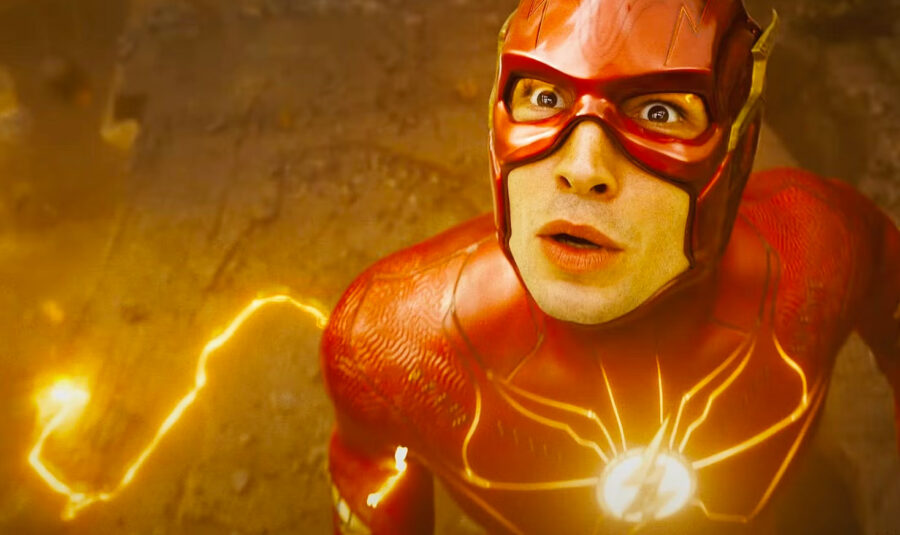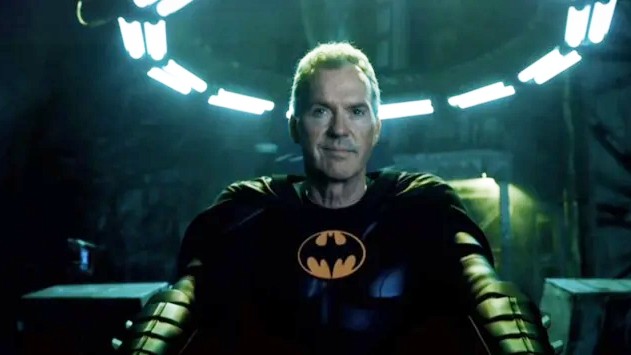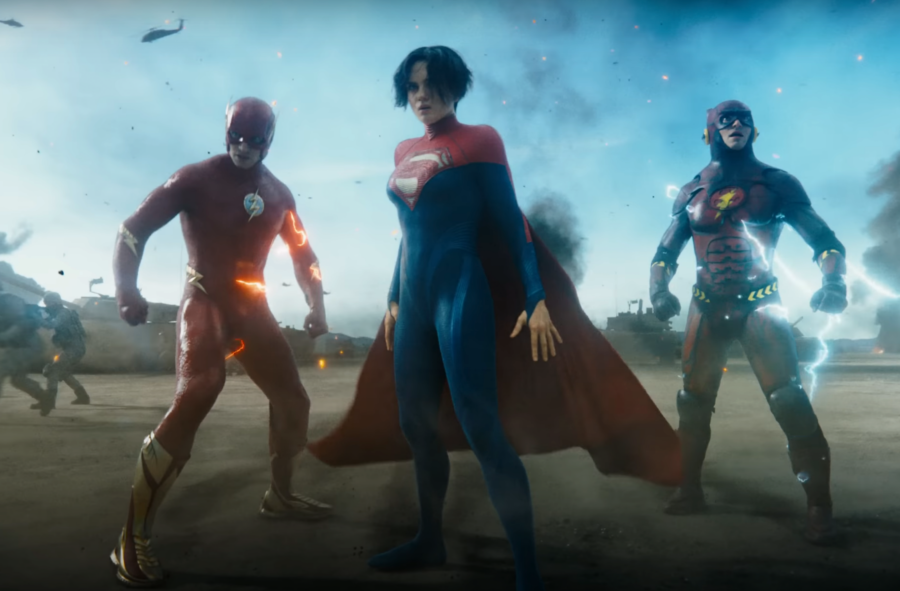Why The Flash Is Bombing At The Box Office
The Flash's failure comes from a perfect storm of different factors.

Explaining why The Flash failed to meet financial expectations can’t be attributed to a single flaw. The movie was doomed from the start due to unfortunate circumstances, poor decisions, legal controversies, and prevailing trends, which left Barry Allen trapped in a Speed Force purgatory that he may never escape.
Despite being touted as “one of the greatest superhero movies ever made” by Warner Bros. Discovery, The Flash’s box office performance has been dubbed a failure. Positioned as a multiverse reset by James Gunn, the movie earned a dreadful $55 million domestically and $75 million internationally, well below industry experts’ projections.
While box office numbers alone don’t always determine a movie’s lasting impact, the financial performance of The Flash continued to cause a stir during its second week in cinemas. According to The Wrap, the film experienced a drop of over 70 percent, bringing in between $14 million and $16 million compared to its disappointing opening.

The Flash currently holds the third position for the weekend, trailing behind Disney/Pixar’s Elemental and Sony Pictures Spider-Man: Across the Spider-Verse. Early predictions expected the movie to debut with impressive weekend earnings ranging from $70 million to $75 million. However, as of June 19, the movie fell short of expectations, earning a global box office total of approximately $130 million.
This figure barely covered half of its $220 million budget. The movie’s lower-than-expected performance, coupled with a decline in audience attendance, adds to the string of disappointments for The Flash. Furthermore, the film received an average critical rating of 65 percent on review aggregator Rotten Tomatoes, contributing to its underwhelming reception.
The movie’s most significant obstacle to success is the controversy surrounding Ezra Miller, which cannot be ignored no matter how hard one tries. Several incidents, including a viral video showing them choking a woman, allegations of disorderly conduct, harassment, assault, and grooming accusations, have tainted Miller’s reputation.
These controversies raised concerns about the fate of The Flash, as Miller’s portrayal is inseparable from the film’s identity. As a result, the marketing campaign for the superhero flick had to strategically downplay his role. The trailers focused heavily on Batman, while interviews featured Supergirl actor Sasha Calle as the primary representative.

Although this approach made sense within the context of The Flash’s release, it deprived the movie of the star power necessary to generate widespread interest. The absence of Michael Keaton, who plays a prominent role in the film due to his commitments to another project, further contributed to the lack of star presence in the promotional efforts.
Additionally, The Flash deviated from the typical release pattern by hosting several fan and early screenings before its official release. While this allowed for increased exposure, it also resulted in spoilers and criticisms of CGI before most people could see it. Although quantifying the financial impact is difficult, it definitely influenced the overall conversation surrounding the movie.
One of the most prominent criticisms about The Flash has been the perceived poor quality of its CGI. The visual effects could have been improved, from the opening scenes to various time bubble sequences and cameos. While director Andy Muschietti defended specific effects as intentional representations of the Speed Force, the damage was already done.
Furthermore, the movie leans heavily on nostalgia, evidenced by bringing back Michael Keaton’s Batman from the 1989 Tim Burton film. While this may generate excitement among older audiences, it did not resonate with younger viewers unfamiliar with or less attached to the bygone era of superhero films.

The Flash’s struggles at the box office may also be attributed to superhero fatigue. While the character has a dedicated fan base in the comic book community, reaching a broader audience is crucial to achieving commercial success.
However, with so many superhero films vying for attention, The Flash faces the uphill battle of cutting through the noise to offer fans a unique and memorable story.
Still, the true value of The Flash movie lies in its ability to resonate with audiences, entertain, and contribute to the larger superhero genre. Whether it eventually finds success at the box office or not, its impact may extend beyond financial metrics and continue to influence the future of superhero storytelling in film and other media platforms. Only time will tell.












